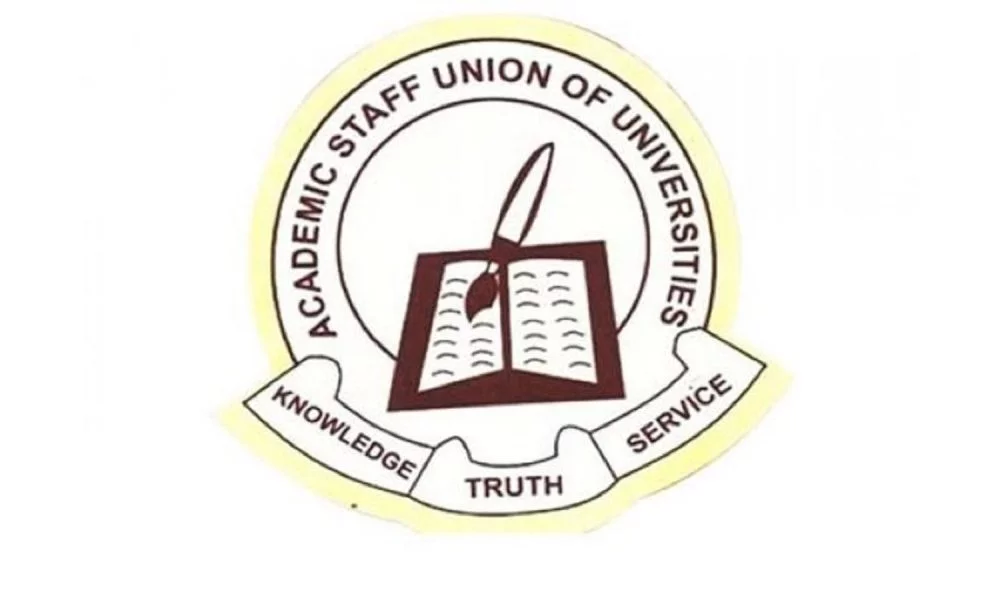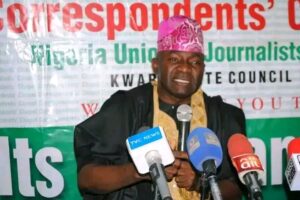
The Academic Staff Union of Universities (ASUU) has announced a nationwide suspension of academic activities across its branches, following delays in the payment of June 2025 salaries.
The industrial action, confirmed on Monday by the union’s National President, Professor Chris Piwuna, aligns with ASUU’s long-standing “No Pay, No Work” resolution, which mandates withdrawal of services if salaries are delayed beyond three days into a new month.
Already, ASUU branches at the University of Jos and the University of Abuja have commenced strike action in compliance with the directive of the National Executive Council (NEC).
Speaking in Abuja, Prof. Piwuna criticised what he termed the Federal Government’s continued indifference to the welfare of academic staff, particularly after the migration of university workers from the Integrated Personnel Payroll and Information System (IPPIS) to the Government Integrated Financial Management Information System (GIFMIS). According to him, the change has exacerbated delays, plunging members into severe hardship.
“Our salaries are now regularly delayed by a week or more, yet we are expected to carry out our duties under these unacceptable conditions,” Piwuna stated. “We have exhausted all channels — the Minister of Education, the Accountant General — but no meaningful action has been taken.”
He stressed that the union could no longer tolerate the situation, adding, “This strike is not spontaneous. It is a result of repeated negligence. We are enforcing a resolution that has been clearly communicated and accepted.”
The ASUU President also dismissed claims that technical issues with the new payment platform were responsible for the delays. “Once the funds eventually get to the universities, payments are processed without issues. This is not a platform problem; it is a deliberate delay by the Office of the Accountant General,” he said.
In addition to salary issues, ASUU is also demanding the immediate release of N10 billion in outstanding Earned Academic Allowance (EAA). Piwuna explained that while the Federal Government had earlier committed to disbursing N50 billion, only N40 billion had so far been released.
“We are still owed N10 billion. If the government fails to release it promptly, it risks provoking a broader industrial crisis in the sector,” he warned.
Corroborating the development, Dr Jurbe Molwus, Chairman of the ASUU branch at the University of Jos, confirmed that lecturers had downed tools in line with the NEC resolution. “Our members have withdrawn from lectures and all statutory academic engagements,” he said.
He further explained that a strike monitoring team had been activated to ensure strict compliance at the branch level, emphasising that industrial action would persist until salaries were paid in full.
With growing dissatisfaction among university lecturers and no immediate government intervention in sight, the current strike may signal the beginning of a more widespread disruption within Nigeria’s public university system.







